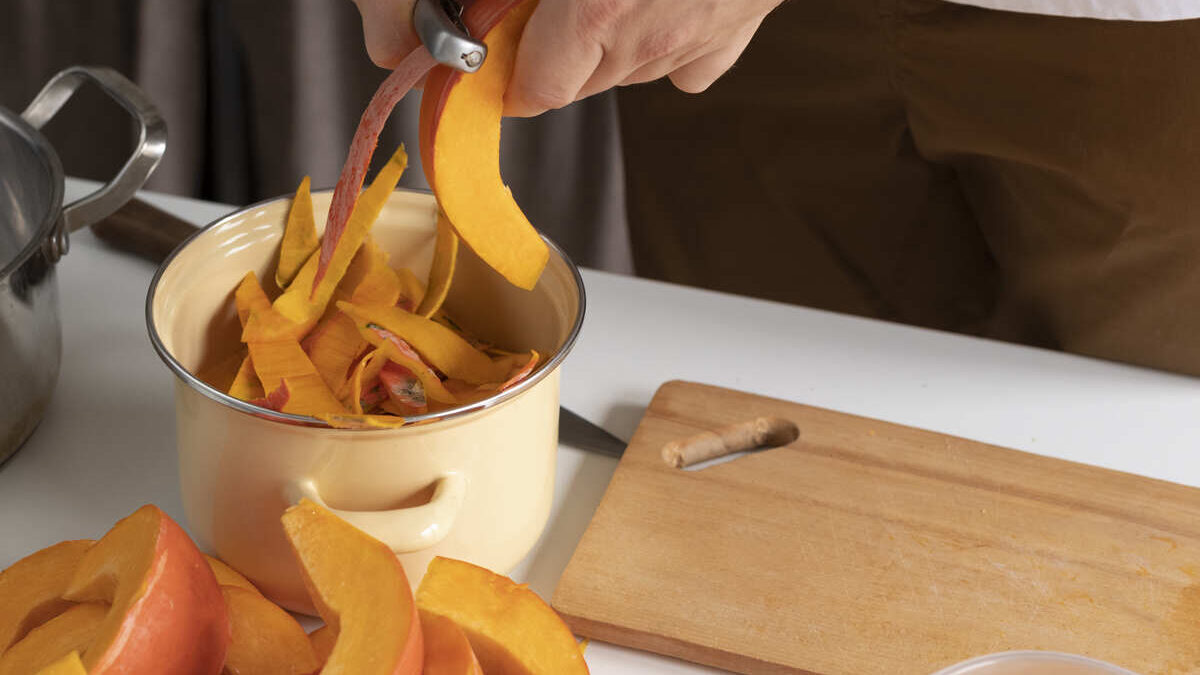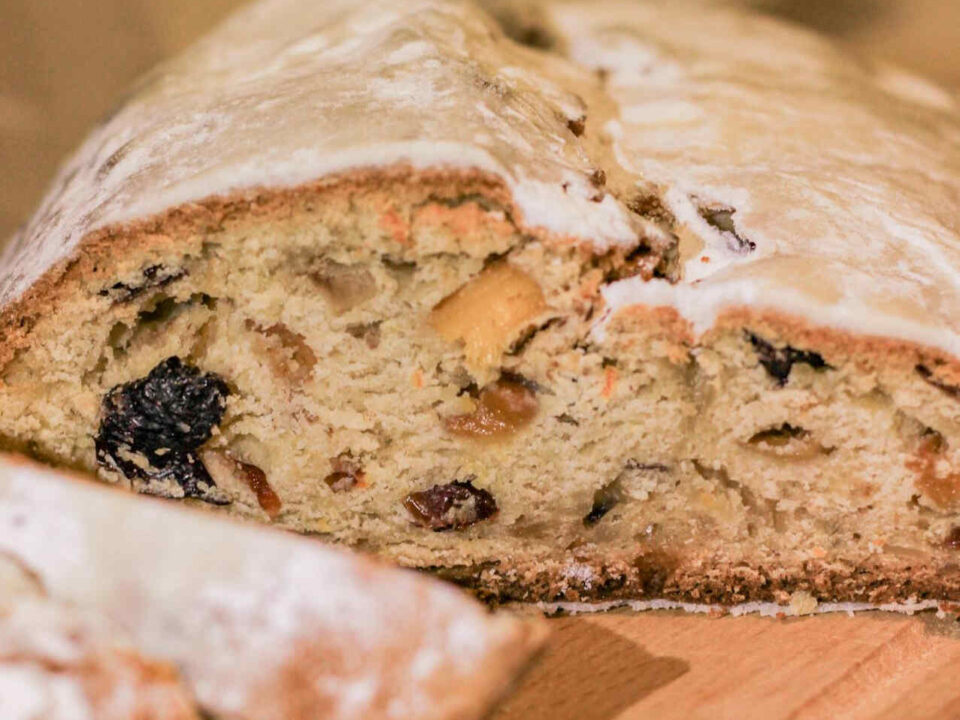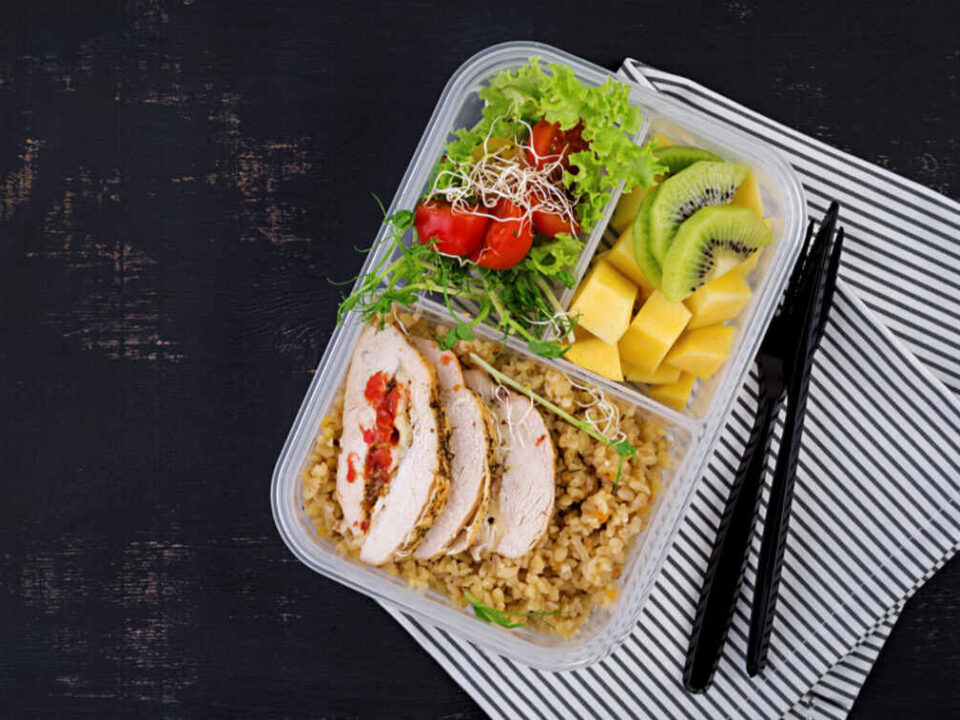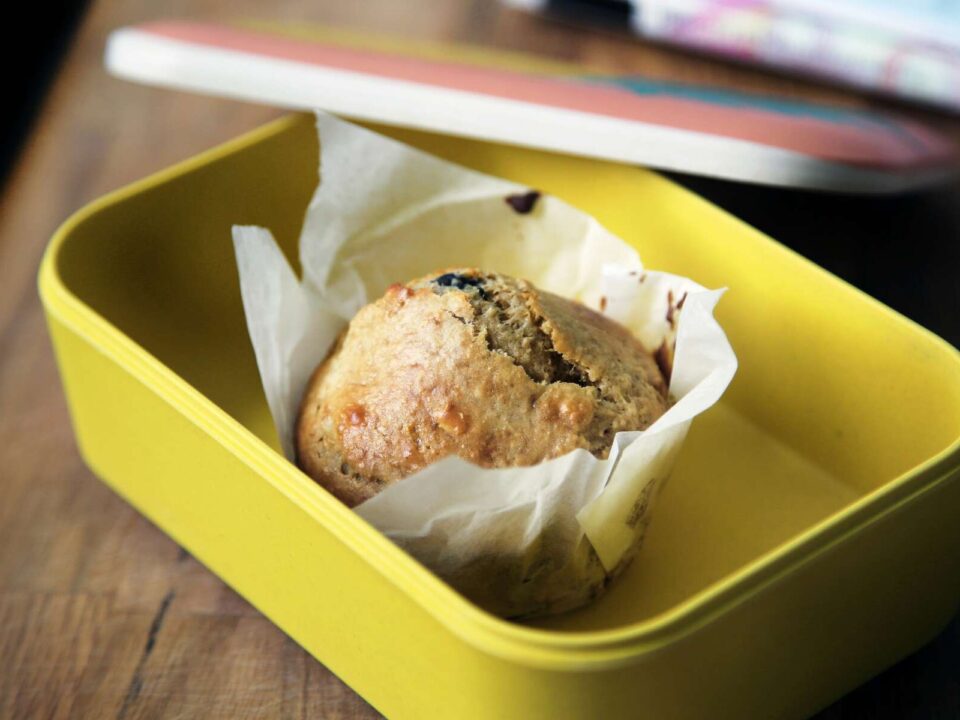
Flavour Fusion Experiments: Mixing Global Twists with Local Favourites
October 1, 2025
Fermenting the Orchard Harvest: Easy Guides to Preserve Fruits Without Refrigeration
October 16, 2025Sustainable Kitchen Hacks: Reducing Waste with Upcycled Scraps and Zero-Waste Recipes
Food waste is a major challenge in kitchens worldwide. Sustainable kitchen hacks help home cooks and professional chefs reduce waste, upcycle scraps, and create delicious meals with minimal environmental impact. By thinking creatively about leftover ingredients, you can save money while promoting eco-friendly practices.
Repurposing Vegetable Scraps
Vegetable stems, peels, and leaves often get discarded but can be transformed into flavourful components. Carrot tops make vibrant pesto, onion skins can enrich broths, and potato peels crisp beautifully when baked as chips. Freezing scraps in a "stock bag" allows for homemade vegetable stock whenever needed. Small adjustments like these reduce waste while adding unique flavours to everyday cooking.
Creative Fruit Uses
Fruit peels, cores, and overripe pieces also offer opportunities for zero-waste recipes. Citrus rinds can be zested for desserts, preserved in sugar, or candied. Apple cores and peels become natural pectin for jams, while overripe bananas can turn into pancakes, muffins, or smoothie bases. Learning to identify edible parts prevents unnecessary discarding of nutritious ingredients.
Utilizing Protein and Dairy
Even protein and dairy scraps can be upcycled. Chicken bones or fish frames make rich stocks, while whey from yogurt or cheese production can enrich soups or baking recipes. Egg shells, cleaned and baked, can be used in composting, boosting garden health. These techniques reduce waste while extracting full value from every ingredient.
Planning and Portion Control
Sustainable cooking starts with planning. Meal prepping, proper storage, and portion control help minimise spoilage. Freezing extras, storing herbs in water jars, and using airtight containers extend freshness. Simple strategies ensure that food is used fully rather than thrown away.
Expanding Knowledge
Sustainable kitchen hacks also involve learning from innovative recipes and eco-friendly cooking communities. Blogs, cookbooks, and workshops provide ideas for turning scraps into gourmet dishes. Experimenting encourages creativity while reinforcing sustainable habits.
Why Sustainable Kitchen Hacks Matter
By adopting these methods, kitchens can produce less waste, save resources, and create innovative, flavourful meals. Reducing food waste is both environmentally responsible and personally rewarding.




